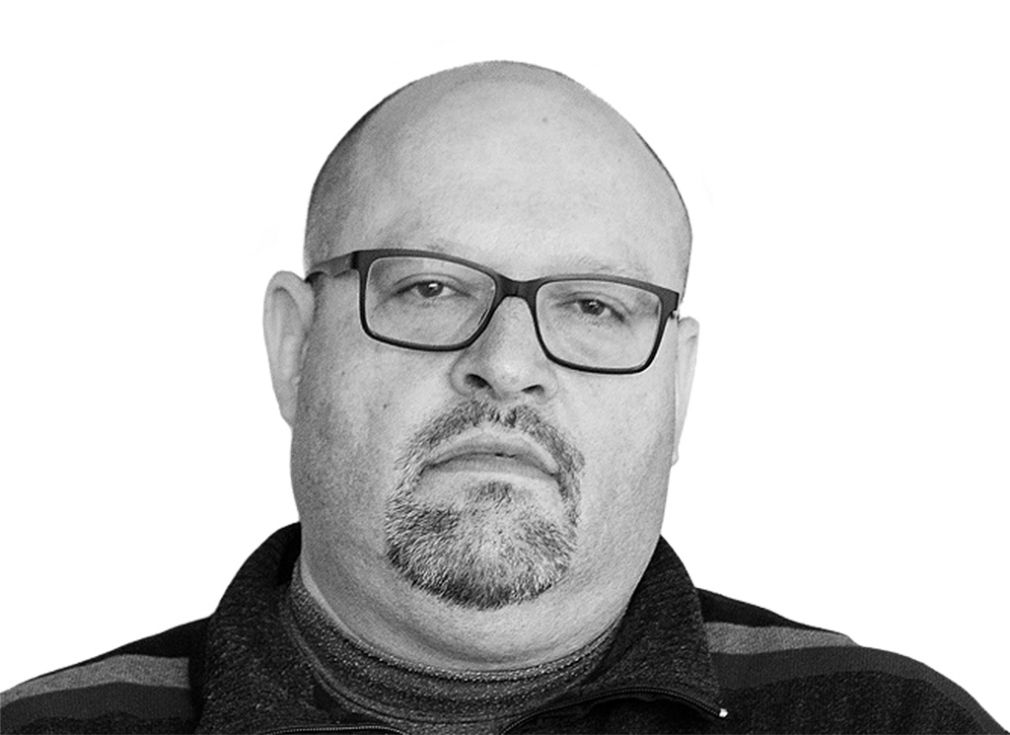By: Dr Matevž Tomšič
The attack on the director of the March 8th Institute, Nika Kovač, in the centre of Ljubljana (the circumstances of which have not yet been clarified) among the left-wing part of Slovenian politics and the public, in addition to great indignation, triggered a new wave of swearing that it is necessary to finally deal with the so-called hate speech.
Hateful words directed at a limited left-wing activist and her colleagues are said to have prompted an unknown man to physically assault her. Of course, they immediately identified the main culprit – the largest opposition party SDS with its supporters and the media. Coincidentally (or not), a few days later, Branko Grims, a member of parliament from this party, was attacked in front of the parliament, which – as expected – received significantly less attention and outrage.
Of course, any form of physical violence must be condemned unconditionally. No one has the right to harass and mistreat others, even if they get on their nerves. Whoever does this must bear the consequences. This is a necessary condition for society to function in at least an approximately civilised manner. In both mentioned cases, the attacker must be tracked down and sanctioned accordingly.
However, when condemning the attack on Kovač, a great deal of deception can be detected. This was by no means the first such incident in which a public figure was the target. Those from the other side of the political-opinion spectrum have also already received such “treatment”. And even more often. Years ago, during a rally in front of the Ljubljana court, one of the left-wing counter-protesters physically attacked Demokracija journalist Petra Janša – while she was doing her job. Everything was meticulously documented. Television Slovenia journalist Jože Možina was often threatened and attacked, including physical ones, by known perpetrators due to his contributions. But in these cases, no condemnations of the highest representatives of the authorities were heard, and the mainstream media hardly reported on them. They are apparently triggered only when something unpleasant happens to a privileged person of the “correct” political orientation.
Let’s remember how, when the Fotopub affair broke out, where there were suspicions of sexual abuse of young girls, the ruling politicians told us that it should not be “used for political purposes”. Or in translation: Fotopub should not be associated with the left. Now, it is they, led by Prime Minister Golob, who are using the incident with Nika Kovač to settle accounts with the largest opposition party. Although in the case of Fotopub there are actually reasons for highlighting such connections, namely the two leading protagonists, i.e., Roman Uranjek and Dušan Smodej are part of the left-wing art scene with good connections in left-wing political circles. Meanwhile, there is no evidence that the man who attacked Kovač acted from political motives, let alone that he was in any way connected to the SDS (since his identity is still unknown).
The reason for the escalating violence is said to be the mentioned hate speech. The Prime Minister thus announced the appointment of a national coordinator who would deal with its prevention. However, this occurs in situations such as defining what is hostile and what is not, something arbitrary. Moreover, it is a matter of political arbitrariness when hostility is attributed only to statements made against leftists, while their hateful words are ignored or even justified. As long as, for example, it is completely normal to label a part of Slovenians as “traitors” (as people such as the mayor of Ljubljana do) and even to claim that not enough of them were killed after the war (as one of the city councillors of Ljubljana wrote), the declared “struggle against hate speech” will only be a tool of the left to persecute its political opponents.

